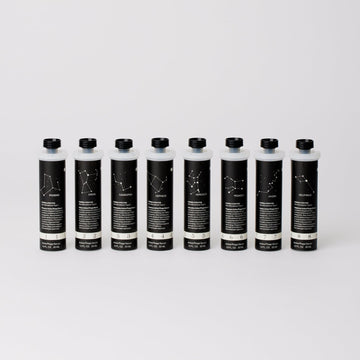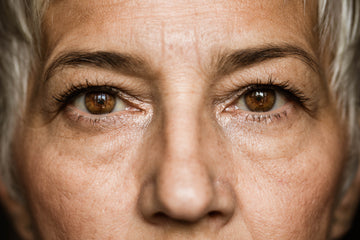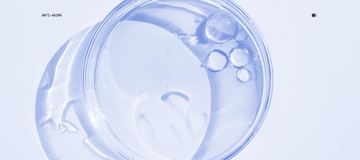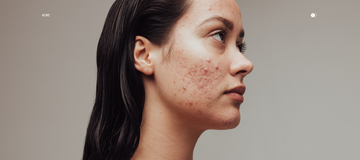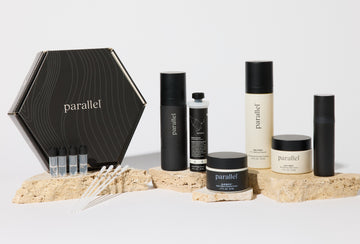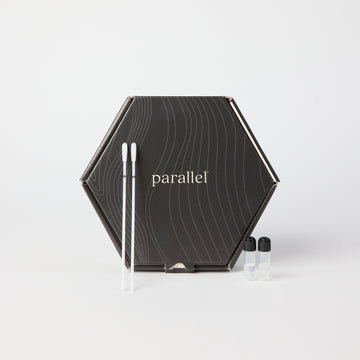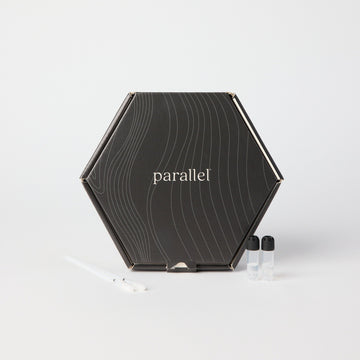Why De-Stressing Is One of Your Most Powerful Anti-Aging Tools
by Parallel Health Team
Recent research has revealed a critical connection between psychological stress and accelerated aging. According to a groundbreaking study published in the Journal of Cosmetic Dermatology, chronic stress can speed up the skin aging process by approximately 33%. This finding underscores the importance of stress management in any evidence-based anti-aging strategy.
The Stress-Inflammation Connection
The relationship between stress and aging operates primarily through inflammation. When the body experiences chronic stress, it triggers the production of pro-inflammatory cytokines, including interleukin-6 (IL-6) and tumor necrosis factor-alpha (TNF-α). These inflammatory markers don't just affect skin appearance – they're associated with numerous stress-related conditions, including:
- Cardiovascular diseases
- Autoimmune disorders like rheumatoid arthritis
- Type 2 diabetes
- Inflammatory bowel conditions
- Skin conditions (acne, eczema, psoriasis)
- Neurodegenerative diseases
- Certain types of cancer
The Impact on Skin Health
Stress specifically affects skin health through two primary mechanisms:
- Increased inflammation leading to accelerated aging markers
- Compromised skin barrier function, making skin more susceptible to environmental damage and pathogens
Research-Backed De-Stressing Strategies
Leading health institutions have established clear guidelines for managing stress through lifestyle interventions:
Mental Health:
The Journal of the American Medical Association recommends practicing meditation for at least 20 minutes, 4-5 days per week. This practice has been shown to significantly reduce stress markers in the body.
Physical Activity:
According to the World Health Organization, adults should aim for either:
- 3 hours of moderate-intensity aerobic exercise per week, or
- 2 hours of vigorous-intensity exercise per week
Skincare:
The American Association of Dermatology emphasizes the importance of:
- Daily SPF 30+ application
- Using pH-balanced skincare products
- Supporting skin barrier function
- Maintaining a healthy skin microbiome
Sleep:
The National Sleep Foundation recommends 7-9 hours of sleep nightly, which is crucial for cellular repair and stress recovery.
Nutrition:
The National Institutes of Health recommends incorporating:
- Antioxidant-rich foods (berries, spinach, turmeric)
- Omega-3 sources (walnuts, chia seeds)
- Adequate hydration
Rather than viewing anti-aging solely through the lens of topical treatments, the evidence suggests that a comprehensive approach to stress reduction may be more effective. This means incorporating regular stress-management practices alongside traditional skincare routines.
By addressing the root cause of accelerated aging – chronic stress and inflammation – rather than just its visible symptoms, we can develop more effective strategies for maintaining healthy, resilient skin as we age. This approach aligns with current research in psychodermatology, which increasingly recognizes the crucial role of stress management in skin health and aging.
The key is consistency in implementing these evidence-based practices, allowing your body's natural repair mechanisms to function optimally. This holistic approach not only supports healthy aging but also contributes to overall well-being and longevity.




